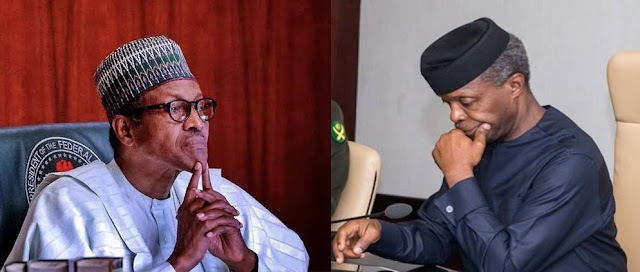Finland has become the 31st member of Nato after its foreign minister, Pekka Haavisto, signed an accession document and handed it to the US Secretary of State, Antony Blinken, at a ceremony in Brussels.
The Nordic country officially joined the North Atlantic Treaty Organization, less than a year after it dropped it traditional neutrality.
The handover marks the formal accession of Russia’s western neighbour to the world’s largest military alliance, completing an accelerated application process launched last May, when Finland and neighbouring Sweden abandoned decades of military nonalignment to seek security as Nato members after Russia’s invasion of Ukraine.
"Not so many years ago we thought it was unthinkable that Finland would become a member. Now they will be a fully-fledged member of our alliance and that is truly historic," NATO Secretary-General Jens Stoltenberg said. "We are removing the room for miscalculation in Moscow about NATO's readiness to protect Finland, and that makes Finland safer."
Finnish Defence Minister Antti Kaikkonen called it "a win-win situation" ahead of the choreographed final formalities before Finland's blue-and-white flag can be hoisted in front of NATO's headquarters.
Joining NATO places Finland under the alliance's Article 5, the collective defence pledge that an attack on one member "shall be considered an attack against them all". This was the guarantee Finnish leaders decided they needed as they watched Russian President Vladimir Putin's devastating assault on Ukraine.
"I'm tempted to say this is maybe the one thing we can thank Mr Putin for, because he once again here has precipitated something he claims to want to prevent by Russia's aggression," US Secretary of State Antony Blinken said.
"I'm tempted to say this is maybe the one thing we can thank Mr Putin for, because he once again here has precipitated something he claims to want to prevent by Russia's aggression," US Secretary of State Antony Blinken said.
But Moscow decried the move as an "assault" on Russia's security and national interests. "This forces us to take countermeasures (...) in tactical and strategic terms," Kremlin spokesman Dmitry Peskov said.








Comments
Post a Comment